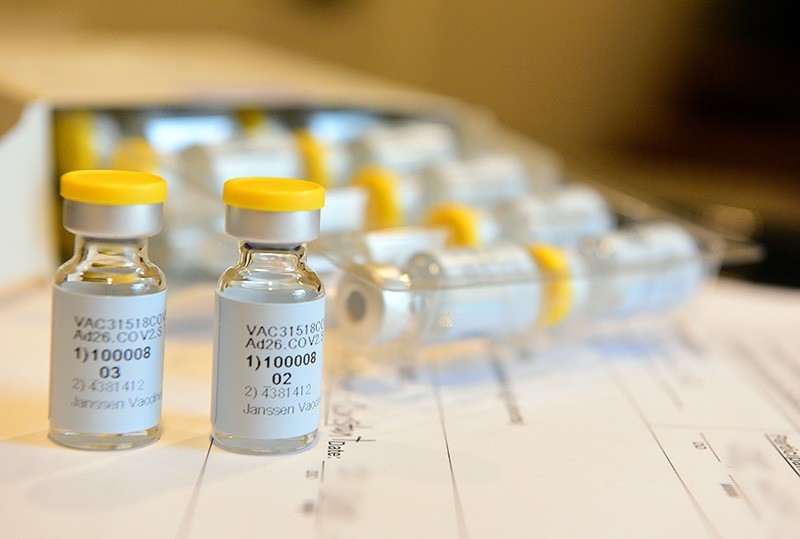
The company announced Tuesday that a booster dose of Johnson & Johnson's COVID-19 shot provides enhanced protection against COVID-19.
In their press statement, Johnson & Johnson said that results from a phase 3 clinical study conducted by their researchers revealed that a second dose of their vaccine offers 75% "protection" against COVID-19 symptoms worldwide and 94% efficacy for those symptomatic with COVID-19 in the USA.
The company quoted Mathai Mammen, M.D., Ph.D., Global Head, Janssen Research & Development, Johnson & Johnson, who said that while a single dose of the Johnson & Johnson COVID-19 shot "provides strong and long-lasting protection against COVID-19-related hospitalizations," "when a booster of the Johnson & Johnson COVID-19 vaccine is given, the strength of protection against COVID-19 further increases."
After that, the company said that they had given data to the US Food and Drug Administration (FDA) and would continue to do so to other governments, the World Health Organization (WHO), as well as to the National Immunization Technical Advisory Groups (NITAGs) globally.
Johnson & Johnson's jab is, according to The Epoch Times, one of only three allowed to be used or licensed in the United States. It is used much less frequently than Moderna and Pfizer injections and, according to many prior studies, is less effective.
Officials in the United States have been slow to approve boosters for Johnson & Johnson's vaccine. In the wake of a Food and Drug Administration panel's rejection of a proposal for universal boosters last week, they are now contemplating whether to propose that the agency grant the go-ahead for boosters for people 65 and older.
The Epoch Times report also noted that the entire dataset has not been published. Johnson & Johnson said that it intends to present the findings in a peer-reviewed journal for publication in the next several months.
J&J warns about the risk of its vaccine
Back to their press release, this time the company was more forthright about the risks associated with its COVID-19 vaccine and urged those who had had a severe adverse reaction to any component of the vaccine not to get it.
It listed as "side effects" pain, reddening and inflammation of the skin, headache, extreme fatigue, muscle pain, vomiting, "fever, swollen lymph nodes," unusual sensations in the skin, ringing in the ears, and diarrhea.
Additionally, it included "serious allergic reactions," which included breathing issues, pain or swelling, a rapid heartbeat, a severe rash covering the whole body, nausea, and fatigue.
It also did not fail to include blood clots affecting blood arteries in the brain, lungs, belly, and legs, as well as low platelet counts. However, it states that the likelihood of developing these blood clots is "remote"
Guillain-Barré syndrome was also mentioned, a neurological disease in which the body's immune system destroys nerve cells, resulting in muscular weakness and sometimes paralysis. Symptoms in the majority of cases started 42 days after receiving the Janssen COVID-19 vaccine.
But again, the company said that the probability of this occurring is extremely minimal.
Nonetheless, it made clear that the mentioned adverse effects are not exhaustive, and that patients should see a doctor promptly.
"These may not be all the possible side effects of the Janssen COVID-19 Vaccine. Serious and unexpected effects may occur. The Janssen COVID-19 Vaccine is still being studied in clinical trials," it said.




























